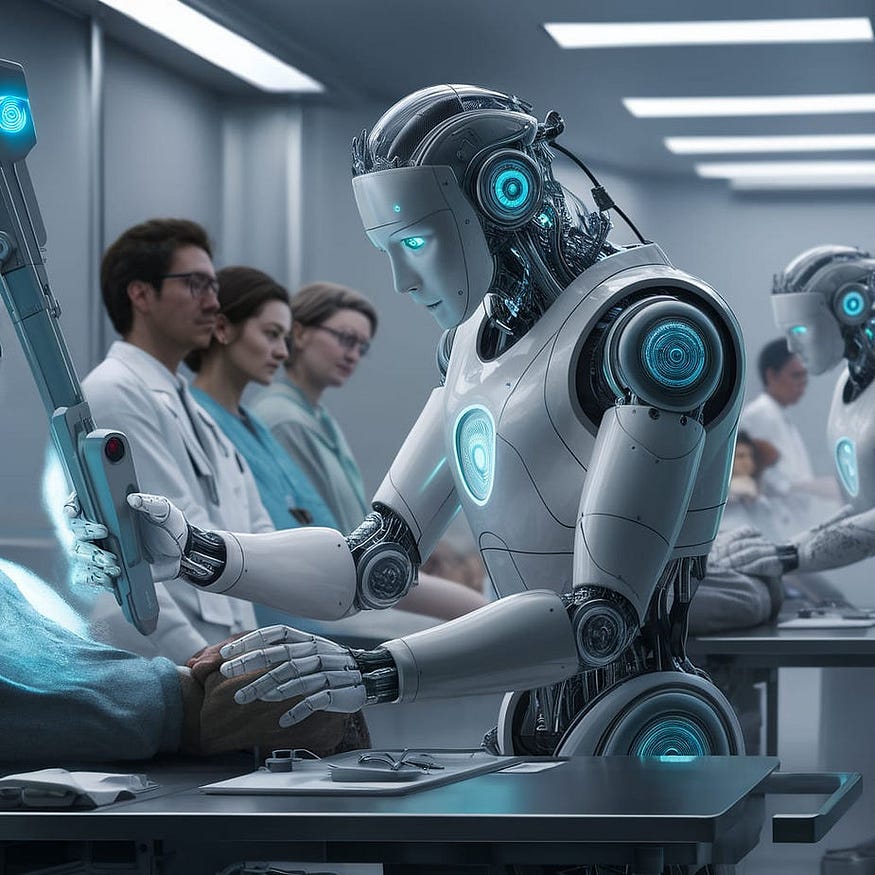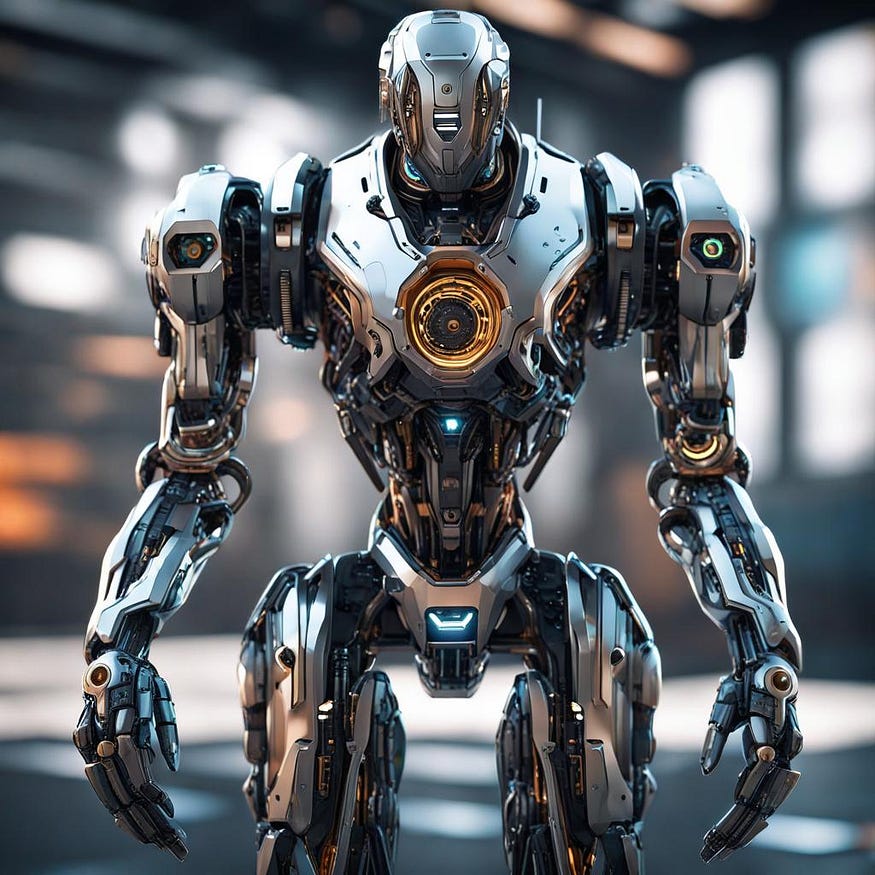ChatGPT and Your Health: Should You Trust AI for Diagnosis?
Have You Asked ChatGPT About Your Health or Diagnosis? The Role of Artificial Intelligence in Healthcare: Benefits, Challenges, and Future Potential

Non-Medium members read the full post here.
Introduction
Hello, my dear readers!
Another Monday has arrived, and as promised, we’re dedicating it to analyzing and writing about artificial intelligence (AI). Many of you, if not all, have likely tried asking AI something related to health at some point.
Perhaps you’ve searched for the ingredients of a medication, or symptoms of an illness, or maybe you’ve experienced something as unpleasant as explosive diarrhea and sought remedies, or even directly asked AI for a diagnosis based on your symptoms.
And, of course, what happened?
Some of you received super-cool, Dr. Oz-style answers, while others encountered complete nonsense — responses that, in the AI world, are referred to as “AI hallucinations.”
These types of responses make it seem like AI got into a fight with its electronic brain and spat out a bunch of gibberish and unrelated facts. Some answers might even sound like they came from an eccentric shaman after consuming wild mushrooms.
The quality of AI’s response depends heavily on the prompt provided, and even with a good prompt, things can sometimes go wrong.
AI in Healthcare: Potential and Current Applications
The use of AI in healthcare is relatively new and still in its early stages. Despite its flaws and errors, it’s safe to say that AI has advanced the healthcare system and transformed how diagnoses are made and treatments are administered.
Ongoing research is exploring AI’s application in various healthcare subfields, such as diagnostics, treatment protocol development, drug discovery, personalized medicine, and patient monitoring and care.
AI has also found significant use in radiology, particularly in triaging and interpreting X-ray images.
Challenges in Implementing AI in Healthcare
The biggest hurdles AI faces in healthcare include data privacy concerns and existing biases among decision-makers resistant to adopting AI. This has resulted in slow and inconsistent implementation.

Telemedicine and AI
One promising area for AI’s application is telemedicine. Here, patients are treated remotely with the help of chatbots, and AI monitors wearable devices to collect data and alert doctors who make treatment decisions.
In Japan, AI is expected to play a significant role in elderly care, potentially replacing nurses with AI robots. Panasonic has already developed a robotic bed that transforms into a wheelchair, and Sony’s robotic pets and similar devices are being used in therapy for loneliness and dementia.
AI’s Role in Sexual Health
Another potential area for AI application, and one with massive earning potential, is in the adult industry, with AI robots designed to provide sexual satisfaction. After all, a healthy sexual life is an essential aspect of overall health!
But you’ll hear more about this topic in my next article, so you’ll have to wait until next Monday.
You’ve probably already hoped that today we’d announce and review the latest model of the ST1000.11 sex robot, but that’s still going to have to wait.
Conclusion
As you’ve read, AI has slowly infiltrated every aspect of society, including healthcare. However, its implementation is far from perfect and requires significant further development. The potential applications in healthcare are vast, and the sky is truly the limit. Many prominent companies are already taking on the challenge of advancing AI for healthcare purposes.
If you have any questions or opinions on this topic, feel free to share them in the comments. If you completely disagree with me, don’t hesitate to write or critique this topic. Let’s keep the conversation going!
https://cryptonftworlds.blogspot.com/2024/12/how-to-use-ai-on-medium-without-fear-of.html
https://cryptonftworlds.blogspot.com/2025/01/how-ai-is-shaping-future-of-work-should.html
If you want to support my work buy me a coffee for $1.
Greetings and until my next article!
Neo77
















